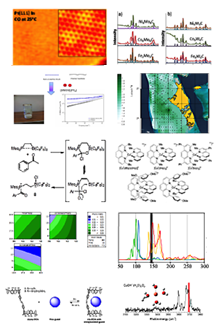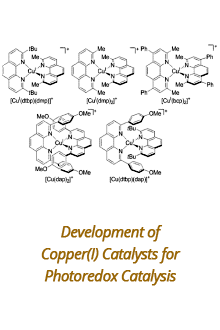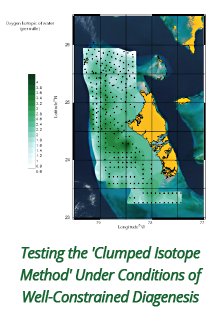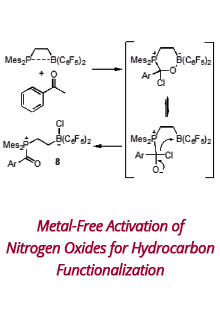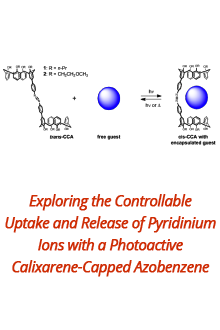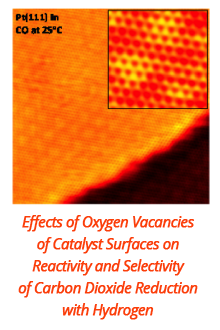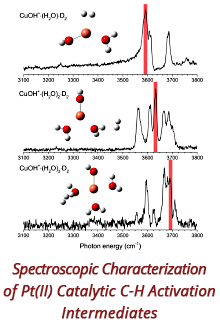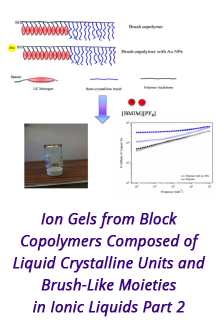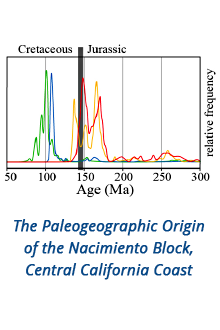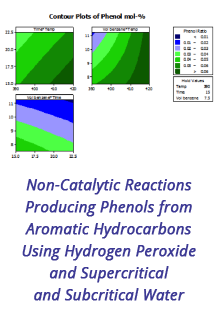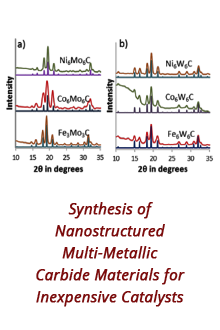Reports: DNI1052463-DNI10: Quantized Phonon Dynamics for Thermoelectrics
Mark Siemens, PhD, University of Denver
First, we have measured thermal transport dynamics with sub-picosecond time resolution using our ultrafast lasers in a pump-probe (thermoreflectance) geometry. Recent improvements in laser modulation stability and electronics impedance matching have enabled a 100x sensitivity increase, which we are exploiting to measure phonon dynamics in thermally-isolated platforms for the first time. We are excited to compare these experimental results to electrical calorimetry to determine the true connection between thermoreflectance signals and thermal dynamics, which has been questioned in recent nanoscale thermoreflectance experimental work.
Second, we have completed the construction of a passively phase-stable setup for novel thermal transport measurements through multidimensional spectroscopy. Experimental progress has been slow because of poor laser stability; the vendor has stopped supporting our system, so we have learned to align it ourselves. We have also developed an analytical model capable of calculating a 2D spectrum lineshape from fundamental properties, which will be essential for recovering physical parameters from multidimensional spectra. In particular, we will be able to directly connect the 2D lineshape with temperature in experimental data. We are writing up the analytical model for submission to Optics Letters.
Finally, we have successfully synthesized PbS quantum dots using a standard technique, and have modified a new method for getting much smaller PbS QDs than was previously possible. These QDs are semiconductor nanocrystals just a few nanometers in diameter – small enough to potentially exhibit quantized phonon transport – and we are very excited to study the cooling dynamics of these samples, both with conventional thermoreflectance and with our multidimensional spectrosocpy setup. We have also started theoretical work studying the quantized phonon modes in these nanocrystals; it turns out that the modes for PbS are not well-understood, and knowing the phonon modes will enable a thorough analysis of the experimental data. This phonon model is nearing completion and we will submit our results to Physical Review B.
Career impact
The ACS PRF DNI grant has been critical in enabling the PI to successfully establish his experimental laboratory. The majority of funds support graduate student researchers doing the work described above.

